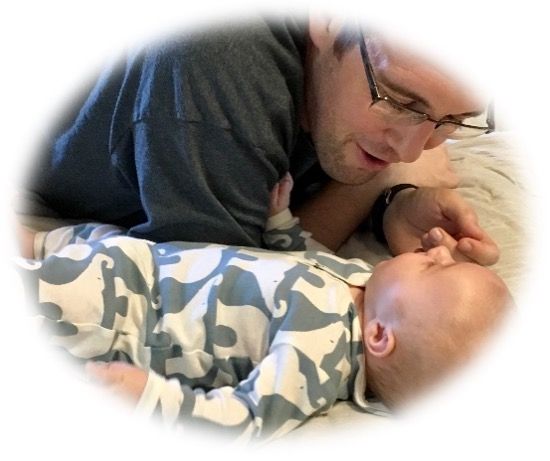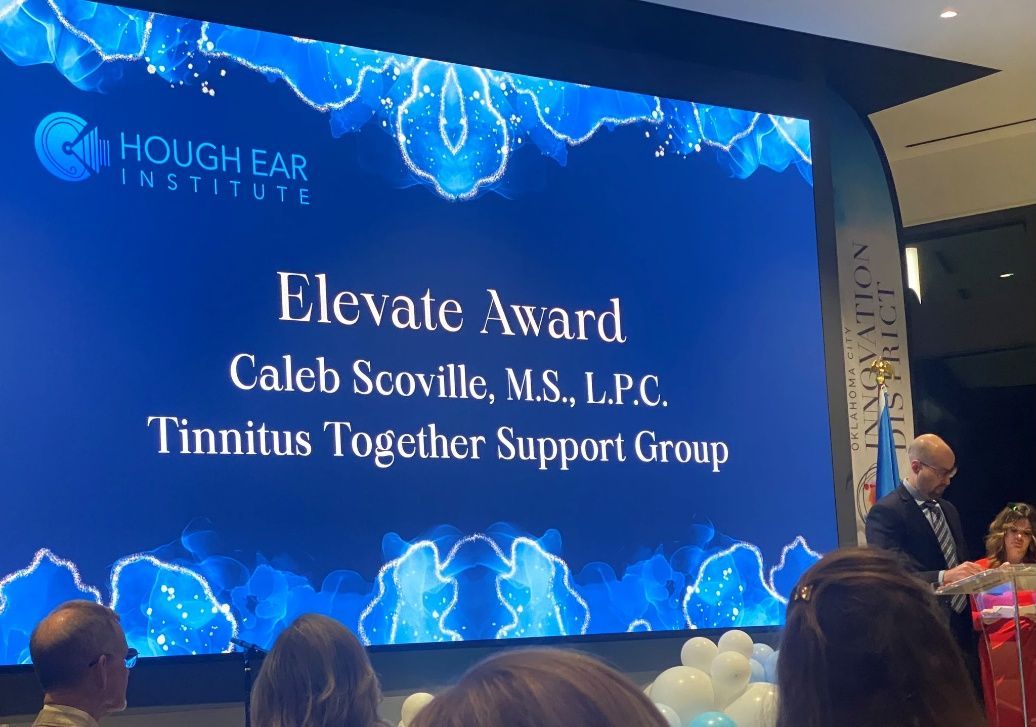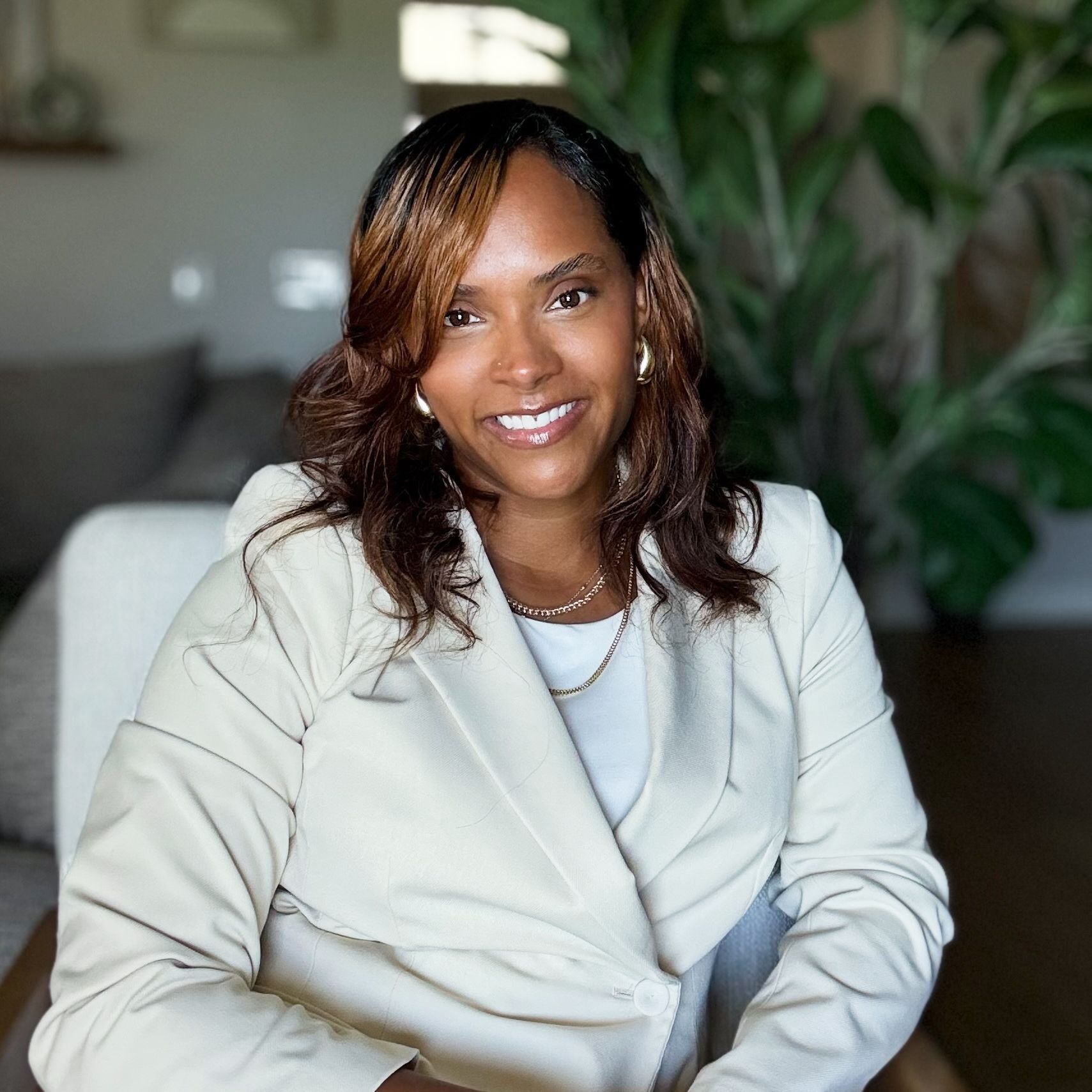Infants, Young Children, and Mental Health
By Victoria Scoville, MSW, LCSW, IMH-E®
Infant Mental Health Specialist, Endorsed Reflective Supervisor

When the word “baby” comes to mind, we most often picture a beautiful and carefree being. But this beautiful picture shouldn’t cloud our awareness that this isn’t the reality for all. Many hold the misconception that mental health is something that starts when we are older. But with decades of research, we now know our emotional life and mental life is there from the start. This unfortunately means infants and young children can and do experience mental health struggles, but their way of communicating it may look different than it does for older children, teens, or adults.
When it comes to infants and young children, their ability to verbalize their internal experiences is limited based on where they are developmentally. This means that their main mode of communication is non-verbal through body language and behaviors. And we know that all behavior is communicating something. We just must spend a little time figuring out the meaning of the behavior when it comes to little ones who don’t have the words yet to communicate their needs. This can be very perplexing for caregivers trying to meet the needs of infants and young children.
It is estimated that between 9.5 and 14.2% of infants and young children between the ages of 0 to 5 years old experience an emotional or behavioral disorder[1]. So, the question that many caregivers have is:
When do I reach out about mental health concerns for my infant or young child?
We know that all children have emotions, and all children experience tantrums. Emotions are not good or bad. They just are. And a healthy infant or young child should experience a range of emotions. This is part of being human and having an emotional life. It is when our emotions lead to behaviors that begin to disrupt our functioning that we should seek professional support. For infants and young children, this could look like a variety of struggles. It could be a difficulty in forming healthy relationships with friends or caregivers. It could be distress or dysregulation that hinders a child or their family from engaging in developmentally expected activities or routines. Or, it could be causing the infant or young child significant distress or hindering their ability to progress developmentally or learn new skills.
Each child and family have a different tolerance level for distress. This means that a disruption in functioning can look different from child to child and family to family. It is okay to seek support when your child or family is experiencing distress that disrupts your child or family’s ability to live and enjoy life. When it comes to seeking services for an infant or young child, there are a few key things that are important to hold in mind. You need a mental health provider who is qualified to work with children 0-5 years old. Additionally, best practice for this age range indicates that services are most often done in context of the child’s caregiving relationships. This means that the child and primary caregiver(s) will be actively involved in all or most of the sessions. So, if you identify a need to seek mental health services for an infant or young child, ask your potential mental health provider questions that let you know if the provider is a good fit for your child and family.
We all have experiences and times in our life that necessitate the need for outside support and that is no different for infants and young children. So, if you find your family in need of services for your infant or young child, know that there are professionals trained to support you in this journey and you are not alone.
[1] (National Council on the Developing Child, 2010). (Estimating the Prevalence of Early Childhood Serious Emotional/Behavioral Disorders: Challenges and Recommendations Cheryl Boydell Brauner, MPH and Cheryll Bowers Stephens, MD, MBA.






